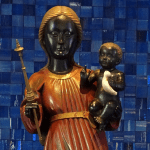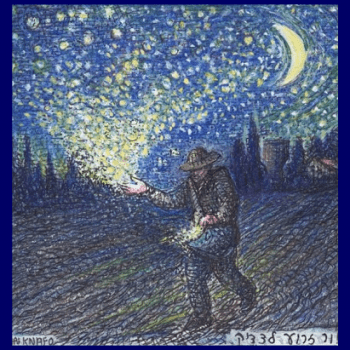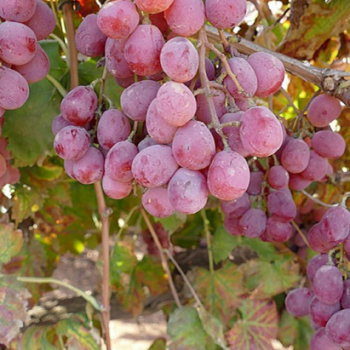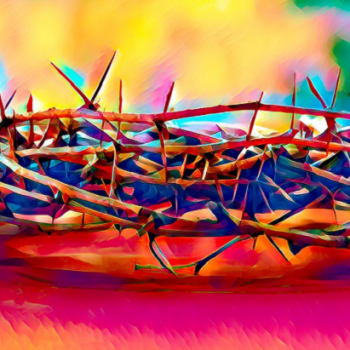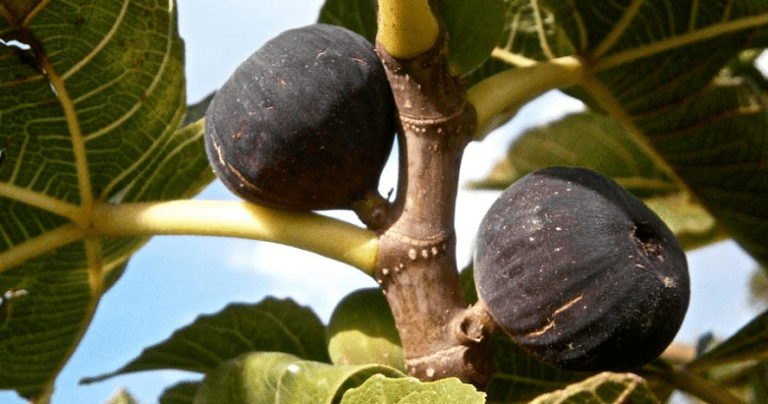
Matthew 21:33-43 for the Twenty-Seventh Sunday in Ordinary Time.
In today’s Gospel Christ again challenged his people’s understanding of the history of salvation.
He also CAREFULLY, even THEATRICALLY, set up for challenging his people.
You and I are also his people.
Let this Gospel challenge OUR understanding of OUR salvation.
Today in the Gospel was the day after Palm Sunday, falling within the Passover festival in springtime.
For Palm Sunday Christ saw to it that he would ride a donkey into Jerusalem.
That fulfilled a prophecy of Jerusalem receiving as triumphant king one riding in on a lowly donkey instead of a worthy horse or chariot.
As Christ rode in, the pilgrims, especially the children, cheered him as the king whom God had anointed and sent.
Hosanna to the Son of David! Blessed is he who comes in the name of the Lord!
They kept up that cheer following Christ through the city and into the Temple.
He cleaned out the Temple, upending there the tables of the moneychangers, and driving out the sacrificial livestock with their sellers and buyers.
In their place he called for prayer.
In their place he drew in the needy that begged for a living because they were blind or lame.
He healed them inside the cleaned-out Temple.
Then the chief priests protested that children in the Temple were STILL shouting the dangerous words praising Christ as a king to rival Herod and Caesar: Hosanna to the Son of David!
Christ answered the Temple priests by quoting defiantly the Word of God to uphold the words of the children.
Worse yet, what Christ quoted was about children chanting the praise of GOD.
All the drama that Christ set up, did, said and upheld on Palm Sunday amounted to his claiming: I AM KING IN THIS CITY, AND I AM GOD IN THIS TEMPLE.
No wonder the high priests had him put to death for blasphemy that very week!
But not on Palm Sunday, for Christ went untouched out of the Temple and Jerusalem, going to stay the night down the road in Bethany.
Next day (Monday)— when today’s Gospel took place— he went back to Jerusalem, but on the way he stopped out of hunger to look over a fig tree.
It was the time of Passover, in March or April.
Israel has the same latitudes, climate, and growing seasons as southern California.
We here know that figs ripen in September to November, FIVE TO EIGHT MONTHS AFTER Passover.
Christ UNREALISTICALLY but deliberately and prophetically looked for figs from that tree at Passover.
Finding none on it, he cursed it: May no fruit ever come from you again!
The tree shriveled up.
Oddly cursing the understandably fruitless tree, Christ further set the stage for today’s Gospel.
Marching right back into the Temple he had cleaned out the day before, he cursed the chief priests and elders to their faces: the kingdom of God will be taken away from you and given to a people that will produce its fruit.
Today Christ unfolded in two parts what makes for having God’s kingdom.
One part is that God’s kingdom is for those who produce its fruits— be it any time of year, and be they babies, nurslings, priests or elders.
The other part is that to bear the fruit of God’s kingdom is to welcome Christ as the Son of God, as God, king, master, keeper and cornerstone of God’s House.
To welcome him is also to receive from him a welcome into his Father’s House of Prayer, where he brings in, heals and saves beggars who know humbly they are spiritually blind and lame owing to their sins.
To be in and bear fruit for God’s kingdom is to follow Christ into the Temple to take a stand on clean worship of God and on God’s preference for the needy.
To say and believe that Christ is LORD, while doing NOTHING for him and the needy, is to be like that fig tree that held out welcoming, shining, springtime leaves, but bore no fruit.
The kingdom of God will be taken away from you and given to those who produce the fruits of the kingdom of God.
In the water of baptism we become temples of God the Spirit, and we become children of God the Father in God the Son.
That saving PRIVILEGE is also a MISSION to live like Christ the Son of God.
Christ’s curse upon the fig tree was a prophecy of what fruitless believers do to themselves.
God has opened his kingdom, and calls us into it, handing us the power, privilege and responsibility to enter by the pilgrim road of fruitfulness.
If we choose otherwise, we turn ourselves away from the kingdom of heaven and the fullness of God’s life in us.
Here at the altar today as always, the Living God will draw near, but not even riding on a lowly donkey.
Here at the altar, God comes to us as a beast loaded with the guilty burden of all our sins and slaughtered in sacrifice on the punishing tree of the cross.
God in Christ became the saving partner of all sinners by taking on himself the death penalty for all sins.
Thereby he made the deadly tree of the cross bear fruit in making human life and dignity rise from the dead to endless partnership with God in his kingdom.
We BEGIN to walk into the Temple of God’s open Kingdom and to bear its fruit by turning from our sins, by worshiping God without buying and selling to profit from it, and by doing healing good to our needy neighbors.
Thereby we come TRULY ALIVE, ascend into heaven, and sit at the right hand of the Father.
At this hour here at this altar, Christ comes to us as into Jerusalem and as into his Temple.
We will echo as always the Palm Sunday cheer of the pilgrims of old.
Hosanna in the highest. Blessed is he who comes in the name of the Lord.
But whom are we cheering in his Eucharistic Body and Blood?
In a few moments in the Creed, we shall own that He will come again in glory to judge the living and the dead.
In his Eucharistic Body and Blood, Christ is already judge of the living and the dead.
So you and I as his temples in the Holy Spirit: what cleansing of the temple do we need Christ to do within us?
And are we going to say Hosanna and Blessed is he who comes, while we wave and strew branches shining with the new leaves of springtime, but bearing no fruit that he has a right to ask at any season?
Out of worship and love for God, what fruits of mercy and goodness have we brought to the neighbor, the blind, lame, sick, stranger, prisoner, and needy of any sort?
What we do or not to the least of Christ’s brothers and sisters, we do or not to Christ.
May his kingdom come, but may it meet us doing fruitfully his will on earth as it is done in heaven!
Turn. Love. Repeat.


